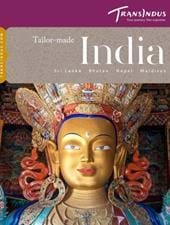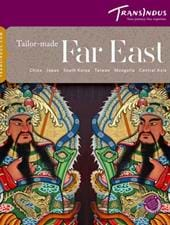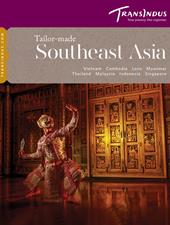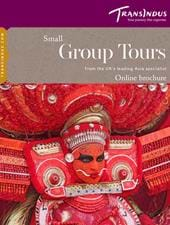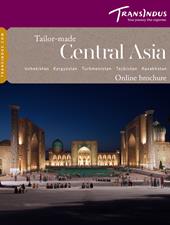For centuries the hub of India’s spice and tea trade, Fort Cochin occupies the northern tip of a peninsula dividing the mouth of the Vembanad Lake from the Arabian Sea. Its low-rise, red-tiled skyline bears the imprint of its former colonial residents: Lusitanian chapels, Jewish synagogues, Dutch burghers’ houses, Armenian mansions, and British bungalows and godowns (warehouses) all survive in the Fort’s grid of narrow lanes – the largest collection of early colonial buildings in Asia.
Visitors can savour the atmosphere of bygone eras by staying in one of the beautiful heritage hotels that have opened around the waterfront. Watch the container ships, oil tankers and local fishing boats chug past the famous Chinese fishing nets over a gin and tonic on your own verandah, then dine on spicy Keralan coastal cuisine in some of South India’s finest restaurants.
The mountains of inland Kerala, which run the entire length of the state, are one of the world’s biodiversity hotspots. Tea, coffee and spice plantations dominate many areas, but abundant forest also survives, and the Periyar Wildlife Sanctuary encompasses one of the most easily accessible of these. Centred on a flooded valley system, the park is among the largest in India, famous first and foremost for its herds of wild elephant, which can routinely be spotted from the water. A fleet of boats set out on safaris at dawn, but visitors can increase their chances of sightings by opting for less intrusive rafting trips, or treks on foot through the forest to remote viewing platforms.

